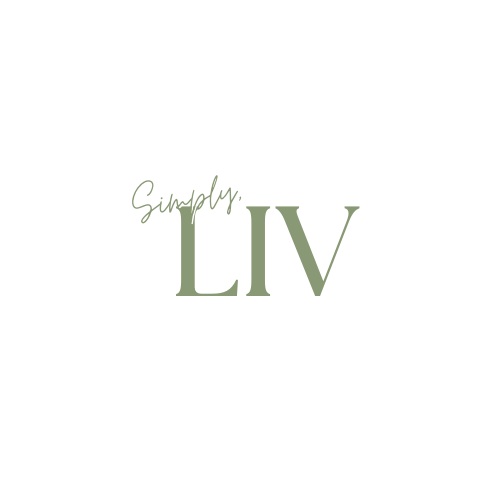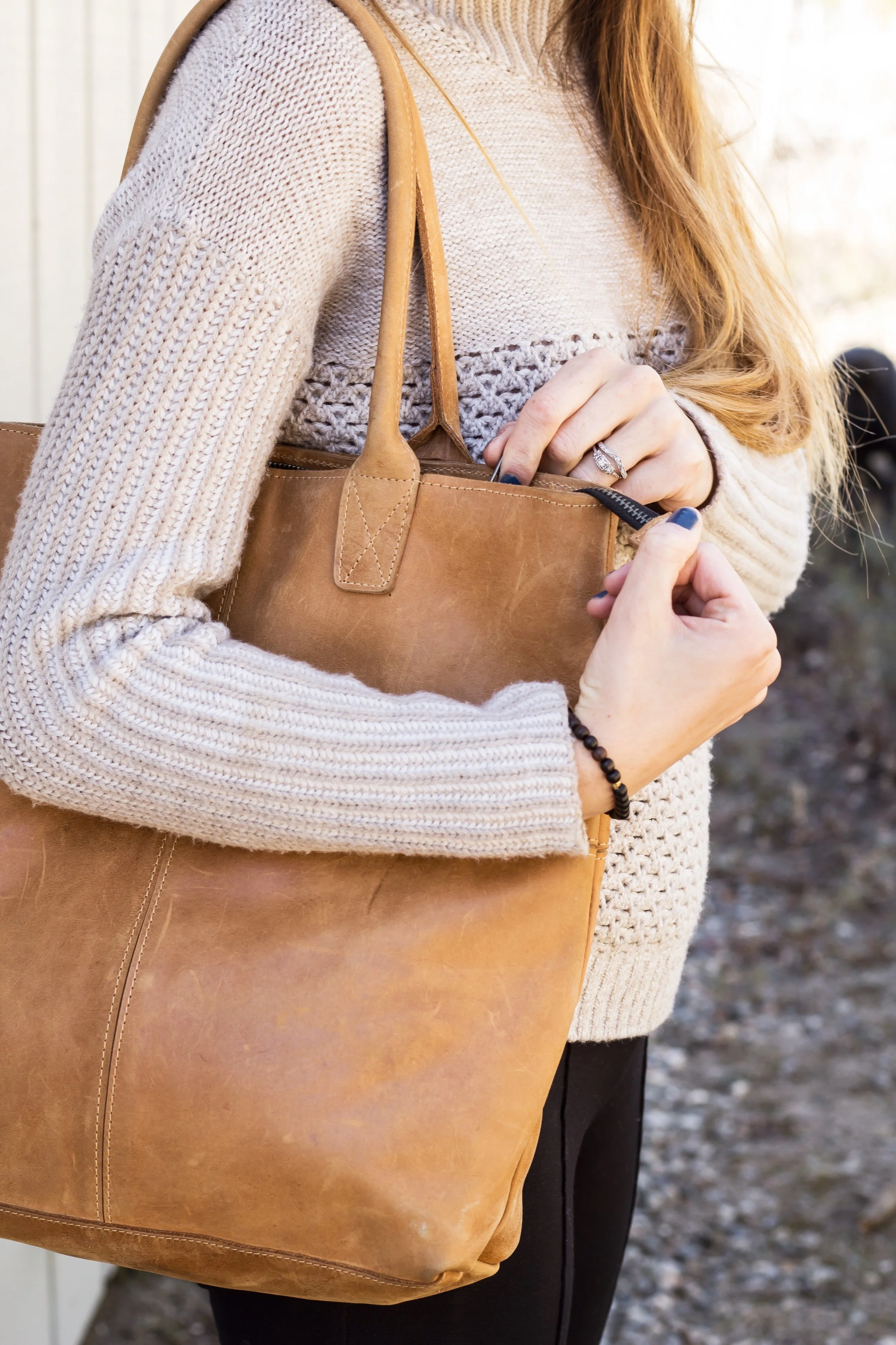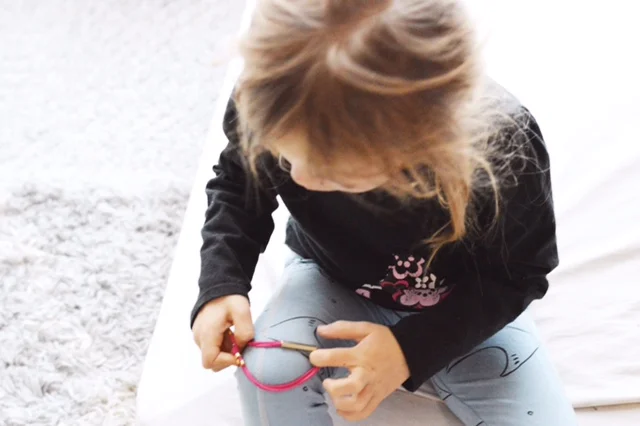B-Corp Certified || What It Means And Why It Matters
One of the most common phrases I hear from skeptics and band-wagon-jumpers alike when it comes to ethical shopping and the way brand's produce is "how do you know?"
How do you know the brand really knows who makes their products and what their waste/use ratio is and where their fabric is sourced?
How can you trust a brand when they use the words "ethical" and "transparent" and "supply chain" in their bio but don't have other evidence to back up their claims? I've worked with brands and shopped from brands in the past who claimed to be "USA made" or "sustainable" but, really, how can you trust what you read on a brand's website?
As someone who is fairly trusting, I tend to assume that everything I read is to be taken at face value, but unfortunately, I've also learned that that's not always the case, in fact, it rarely is So, what's a conscious consumer to do?
Although each shopper and, of course, each brand, has their own standards of what issues are most important (for example, fair wage for laborers, vegan supply chain, or eco-friendly materials) and no brand is perfect, there are overarching standards that some brands have subscribed to to allow their buyers to have full confidence in their processes and values.
B-Corp certification is one such standard that some of my favorite brands have earned and after doing my own research on the subject, know that when I see that a brand is B-Corp Certified, it means that they've jumped through a lot of hoops and are taking tangible steps towards sustainability.
What is B-Corp Certification In the First Place?
According to the B-Corp website, the goal of the certification is to recognize and enable brands to "use their business for good".
The certification is more than just a claim to prioritize fair wage or reducing waste. Here's a little bit of what's required to become B-Corp certified:
- Pass rigorous background checks
- Pass an "Impact Assessment" test where the brand must prove that their impact on their employees, customers, and the environment is a good one. It takes into consideration business size, number of employees, and location.
- Provide documentation as proof of their claims in the assessment.
- Speak to an actual B Lap member for an over the phone assessment review.
- If necessary, file additional documentation and reassessment.
Clearly, not a simple or easy process and one that can take months or years for a brand to work towards.
Although B-Corp certification isn't the only way that a brand can be making change in the world or be transparent, when you see the certification on a brand's website, you can rest assured that making the world a better place is their top priority and that they're taking tangible steps to make that happen.
Baabuk, one of the many B-Corp certified brands out there, takes their certification seriously. After their Kickstarter campaign launch, the founders acheived B-Corp certification in an effort to ease their customer's minds when it came to questions like how their factories in Nepal were operated and where they source their wool. They were tested, and documented every step of the process, including materials, supplies, production, distribution, management and employment.
More than just a fair-trade or organic certification, B-Corp certification is an all encompassing test that looks at a brand through a microscope, analyzing every minute detail. Baabuk, along with more than 2,000 other brands all over the world are making the world a better place through their products and as an oftentimes skeptical consumer, seeing a certification I can trust is hugely important.







